Description
Gypsum lump is an inorganic mineral known as CaCO2 and CoSo4.2H2o. This is the fifth non-metallic element in the earth’s crust. It is found in many items we use every day, like toothpaste and shampoo. It is also used to make drywall, create molds for dinnerware and dental impressions, and to build roads and highway.
The usage of raw gypsum lump is for increasing setting time in producing cement and to reduce the salinity of the soil in agricultural lands. The properties of this product are so well known that by improving the soil, it can increase the efficiency and effectiveness of agricultural products.
In addition to building materials and cement raw materials, gypsum can also be used to many other fields such as making sulfuric acid, rubber, plastics industry, fertilizer, pesticide, paint, textile industry, foodstuff, medicine, daily chemical products, arts and crafts and culture and education.
Gypsum can be also be used as a food additive to enhance the texture of ingredients in processed foods. Gypsum is the common name for the mineral calcium sulfate. Gypsum bonds easily with water and is usually found in its natural state as hydrated calcium sulfate.
Gypsum is an ore that found in layers of limestone. Pure white rock gypsum is also known as alabaster and has been used to make carved statues and sculptures. Nearly all modern homes and buildings use gypsum in the form of wall board, also known as gypsum board, drywall or sheet rock.
In the food industry, gypsum may be used as drying agent, color enhancer, stabilizer and thickener. Pure crystalline gypsum that used in food industries pharmacy and agriculture.This type of gypsum is layered, which is obtained by the adhesion of thin sheets of calcium hydrosulfate, or in the form of silk, which is the product of the adhesion of crystalline fibers of calcium hydrosulfate.
GYPSUM Suppliers: Ensuring Quality and Reliability in UAE
Gypsum is a versatile mineral widely used in various industries, including construction, agriculture, and manufacturing. As the demand for gypsum continues to rise, finding reliable suppliers becomes crucial.
This article will explore the importance of gypsum suppliers, their role in the UAE market, and how to choose the right supplier to meet your gypsum needs.
The Significance of Gypsum Suppliers
Gypsum suppliers play a crucial role in ensuring the availability of high-quality gypsum for various industries. These suppliers source gypsum from mines and processing facilities, ensuring a steady supply chain for their customers.
By collaborating with gypsum suppliers, businesses can access the necessary raw materials for their operations, contributing to the growth of their respective industries.
Gypsum Supply in the UAE
The UAE has emerged as a prominent market for gypsum supply. The country boasts abundant gypsum reserves, making it a key player in the global gypsum industry. UAE-based gypsum suppliers cater to both domestic and international markets, exporting gypsum products to numerous countries worldwide.
The favorable business environment and infrastructure in the UAE have positioned it as a reliable hub for gypsum trade.
Qualities to Look for in Gypsum Suppliers
When selecting a gypsum supplier, it’s essential to consider several factors. Look for suppliers who prioritize quality control, ensuring that their gypsum products meet industry standards.
Reliability and prompt delivery are also crucial, as they contribute to maintaining a smooth production process. Furthermore, consider the supplier’s reputation, customer reviews, and their ability to provide technical support and guidance.
The Benefits of Local Gypsum Suppliers
Opting for local gypsum suppliers in the UAE offers numerous advantages. Firstly, it reduces transportation costs and minimizes lead time, allowing businesses to streamline their operations.
Additionally, local suppliers have a better understanding of regional regulations and can provide customized solutions tailored to local market needs. Supporting local suppliers also contributes to the growth of the domestic economy.
Gypsum Exporters: Exploring Global Opportunities
Many gypsum suppliers in the UAE have expanded their reach by becoming exporters. By tapping into the global market, these exporters can diversify their customer base and expand their business prospects.
Through strategic partnerships and international trade agreements, gypsum exporters can access new markets, contributing to the overall growth of the UAE gypsum industry.
Gypsum Buying Guide: Factors to Consider
When buying gypsum, certain factors should be taken into account. Assess the purity and chemical composition of the gypsum to ensure it meets your specific requirements. Consider the physical properties, such as moisture content and particle size, which can impact its usability.
Furthermore, evaluate the supplier’s pricing, packaging options, and their ability to provide technical support and after-sales service.
Enhancing Sustainability with Gypsum
Gypsum offers significant sustainability benefits, making it an attractive choice for various industries. Its use in construction reduces carbon emissions, as gypsum-based materials have a lower carbon footprint compared to traditional alternatives.
Moreover, gypsum improves soil quality and aids in water conservation in agricultural applications. By promoting the use of gypsum, suppliers contribute to a more sustainable future.
Gypsum Products and Applications
Gypsum finds extensive applications across industries. In construction, gypsum is used for wallboard, plaster, and other building materials. It enhances fire resistance, sound insulation, and overall durability of structures.
In agriculture, gypsum improves soil structure, regulates pH levels, and promotes nutrient absorption. Gypsum is also utilized in manufacturing industries for producing ceramics, molds, and other specialized products.
Gypsum in Construction: A Key Ingredient
Gypsum is a vital component in the construction industry. Its properties make it an ideal material for creating drywall, cement, and plaster. Gypsum-based products offer excellent fire resistance, thermal insulation, and acoustic properties.
The versatility of gypsum allows architects and builders to create innovative designs while ensuring safety and performance in construction projects.
Agricultural Applications of Gypsum
Gypsum plays a crucial role in agriculture by improving soil quality and enhancing crop productivity. It reduces soil erosion, enhances water infiltration, and promotes root development. Gypsum also acts as a nutrient source for plants, supplying calcium and sulfur.
Farmers and agronomists rely on gypsum to enhance the overall health and fertility of soils, leading to better yields and sustainable farming practices.
Gypsum Manufacturing and Processing
The manufacturing and processing of gypsum involve several stages. After extraction from mines, gypsum undergoes crushing, grinding, and purification processes to achieve the desired quality and consistency.
Advanced technology and stringent quality control measures ensure that the final gypsum products meet industry standards. Gypsum manufacturers employ various techniques to produce a wide range of gypsum products tailored to specific applications.
Quality Assurance in Gypsum Supply Chain
Maintaining quality throughout the gypsum supply chain is essential. Gypsum suppliers implement robust quality control procedures to ensure that the gypsum products meet customer expectations.
This includes rigorous testing for chemical composition, physical properties, and adherence to relevant standards. Quality assurance measures contribute to customer satisfaction, building trust between suppliers and end-users.
The Future of Gypsum Industry
The future of the gypsum industry looks promising, driven by the growing demand for sustainable building materials and agricultural practices. Technological advancements and innovation in gypsum production processes will continue to enhance the quality and efficiency of gypsum products. As the construction and agriculture sectors evolve, gypsum suppliers will play a vital role in meeting the changing demands of these industries.
Conclusion
In conclusion, gypsum suppliers in the UAE play a vital role in meeting the growing demand for gypsum across various industries. They ensure a steady supply of high-quality gypsum, contributing to the development of construction, agriculture, and manufacturing sectors.
When choosing a gypsum supplier, consider factors such as quality control, reliability, local presence, and their ability to cater to your specific needs. By working with reputable gypsum suppliers, businesses can access top-notch products and services, fostering growth and sustainability in their operations.
FAQ
How can I find reliable gypsum suppliers in the UAE?
To find reliable gypsum suppliers in the UAE, you can conduct online research, seek recommendations from industry professionals, or participate in trade events and exhibitions focused on the construction or agriculture sectors.
Can gypsum be used in organic farming?
Yes, gypsum is widely used in organic farming. It improves soil structure, reduces nutrient leaching, and promotes healthier plant growth, making it an ideal choice for organic farmers.
What are some common gypsum products used in construction?
Common gypsum products used in construction include gypsum boards (drywall), plaster, gypsum-based adhesives, and joint compounds.
Are gypsum products recyclable?
Yes, gypsum products are recyclable. They can be processed and reused in the manufacturing of new gypsum-based materials, reducing waste and promoting sustainability.
How does gypsum improve fire resistance in buildings?
Gypsum contains water molecules that are released when exposed to fire. This property helps regulate the temperature and delays the spread of flames, providing fire resistance to buildings.


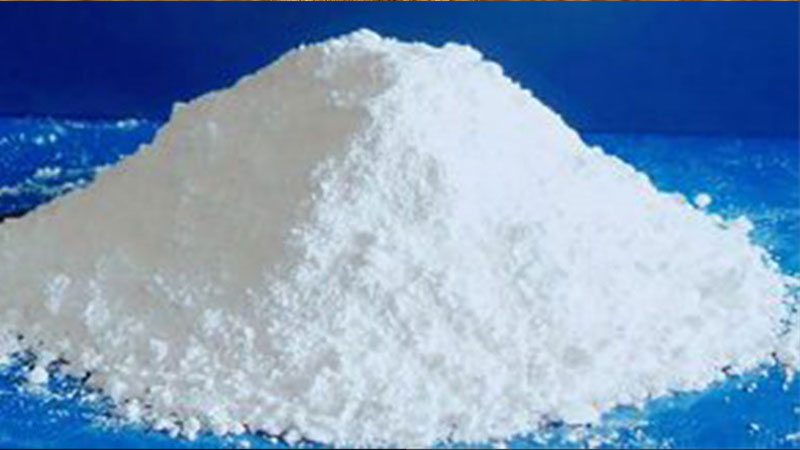
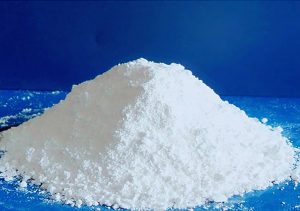

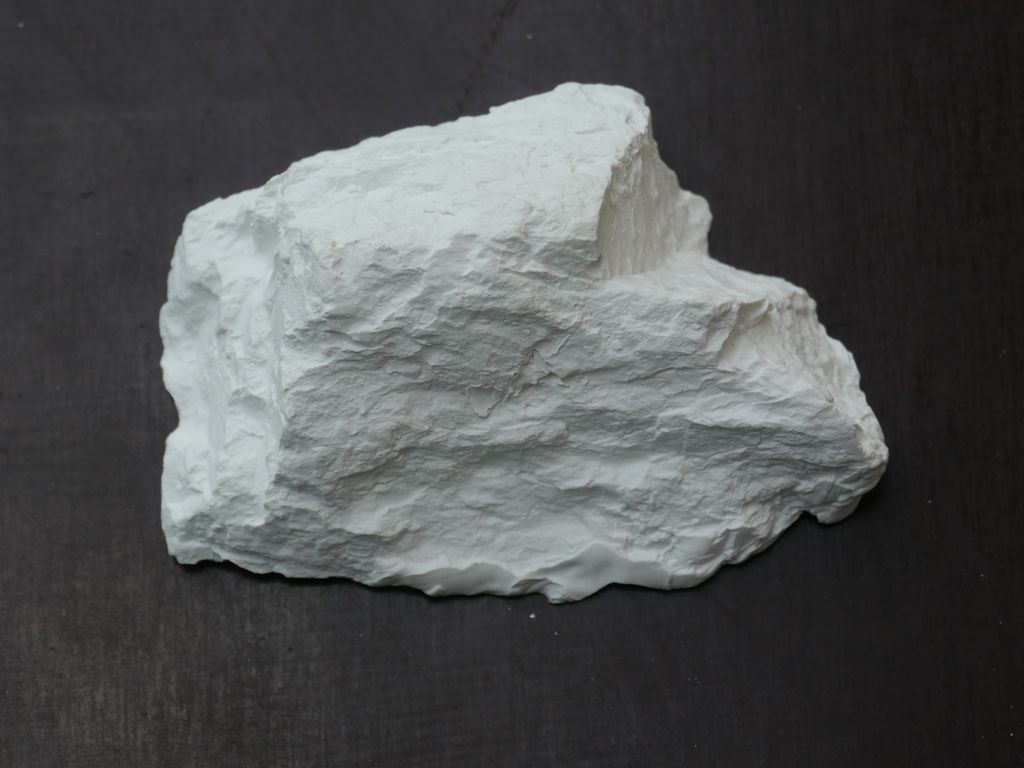




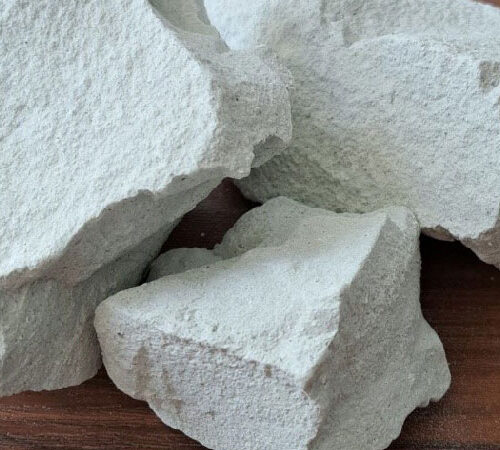
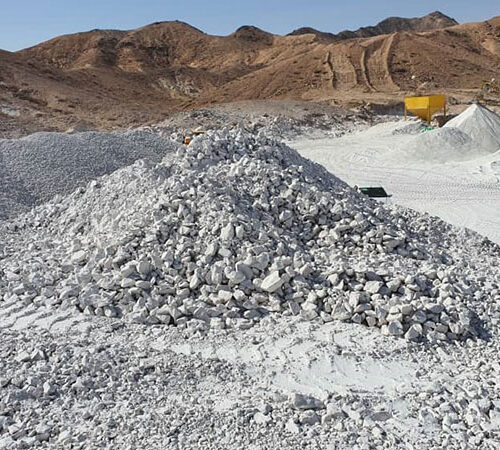
Reviews
There are no reviews yet.